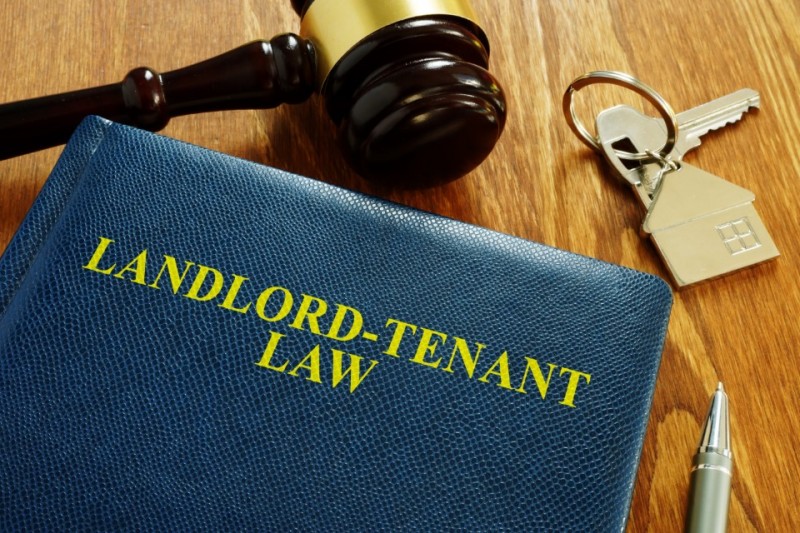The Renters’ Reform Bill has been through several changes in recent years, but 2025 could finally see it passed into law. Introduced by the Labour government last autumn, the bill aims to bring long-awaited improvements to the private rental sector in England. It’s a significant moment for both landlords and tenants, with major updates to tenancy structures, eviction rules, and housing standards.
Here’s a clear breakdown of what’s changed so far, what’s included in the current bill, and what to expect over the coming months.
A quick look back
The Renters’ Reform Bill was first introduced by the Conservatives in May 2023 but ran out of time before the 2024 general election. A new version, the Renters’ Rights Billwas introduced by Labour in September 2024. Since then, it’s been making its way through the House of Lords, with Royal Assent expected later in 2025.
Goodbye to Section 21
One of the most talked-about elements of the bill is the abolition of Section 21 evictions, also known as “no-fault evictions.” These allow landlords to end tenancies without needing to give a reason. If the bill passes, landlords will need to use specific groundssuch as selling the property or tenant breach of agreementto end a tenancy.
For tenants, this is intended to offer more security and peace of mind. For landlords, it means ensuring paperwork is in order and understanding the new grounds available for regaining possession.
Assured shorthold tenancies replaced
The bill also proposes a shift away from fixed-termAssured Shorthold Tenancy (AST) agreements. Instead, all new tenancies will be periodic from the start, typically rolling month to month.
This aims to make it easier for tenants to move when they need to, while still giving landlords the tools to manage their property effectively. It’s a change that will likely take some adjustment, especially for landlords used to setting six or twelve-month fixed terms.
New standards and responsibilities
A national “Decent Homes Standard” will be introduced for private rented properties, something already required in the social housing sector. This includes minimum requirements around heating, damp and mould, general repair, and safety.
Landlords will need to ensure their properties meet this standard, and local authorities will be given stronger powers to enforce it. For tenants, it should mean a clearer route to challenge substandard living conditions.
Fairer rent practices
The bill will introduce rules around how and when rent can be increased. These include:
-
A limit of one rent increase per year.
-
A requirement for two months’ notice before any increase.
-
A ban on “bidding wars,” where tenants are asked to offer more than the advertised rent.
These changes aim to promote greater transparency and stability for renters, while helping landlords set fair market rents with clear guidelines.
Additional changes worth noting
There are a number of other updates proposed in the bill, including:
-
Stronger protections against discrimination - landlords will not be allowed to refuse applicants based on receiving benefits or having children.
-
New rights to request a pet - landlords must consider requests reasonably and can’t refuse without good reason. They can ask tenants to take out pet insurance.
-
Clearer rules around deposits and advance rent - advance payments will be limited, helping tenants manage move-in costs more easily.
-
Introduction of a Private Rented Sector Ombudsman - designed to give tenants and landlords access to quicker, low-cost dispute resolution.
What happens next?
The bill is still being considered in the House of Lords, with a likely passage later this summer or early autumn. If it receives Royal Assent, there will be a phased rollout, giving landlords and agents time to adjust tenancy agreements, procedures, and property standards to align with the new laws.
We’re keeping a close eye on the final wording and implementation plans, but it’s clear this will be one of the most significant shake-ups to rental law in decades.
If you’re a landlord or tenant looking to understand how these changes might affect you, it’sa good time to get informed. As always, we’re here to help make sense of new legislation and guide you through any necessary adjustments.
Contact our estate agents in Rushden and Kettering to learn more about what the Renters’ Rights Bill means for your current or future tenancy, and how to prepare for the upcoming changes.



